When it comes to electrical wiring, choosing the right type of cable is crucial to ensuring safety, reliability, and efficiency. Two common options in the market are flexible cables and armored cables, each with its own set of advantages and applications. Understanding the differences between flexible cables and armored cables can help you make an informed decision based on your specific electrical needs. Flexible cables, also known as flexible cords, are designed to be bendable and pliable, making them ideal for applications that require frequent movement or bending. These cables are often used in portable devices, equipment, and tools where flexibility is a key requirement. Flexible cables are made up of multiple strands of fine copper wires surrounded by a durable yet flexible insulation material. This construction allows the cable to withstand bending and flexing without compromising its electrical conductivity.
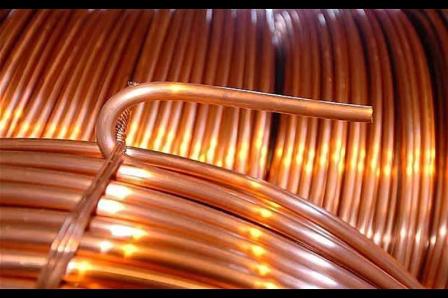
.
 Flexible cables are commonly used in industries such as construction, manufacturing, and entertainment, where mobility and flexibility are essential. They are often used to connect power sources to equipment that needs to be moved around or repositioned frequently. For example, in the entertainment industry, flexible cables are used to power stage lights, sound equipment, and other devices that require flexibility in their positioning. The ability of flexible cables to bend and flex without damage makes them a versatile solution for a wide range of applications. On the other hand, armored cables are designed for more rugged and demanding applications that require additional protection against external factors such as moisture, impact, and corrosion. Armored cables are constructed with a layer of metal armor, usually made of steel or aluminum, that surrounds the electrical conductors. This armor provides mechanical protection, shielding the cable from physical damage and environmental hazards.
Flexible cables are commonly used in industries such as construction, manufacturing, and entertainment, where mobility and flexibility are essential. They are often used to connect power sources to equipment that needs to be moved around or repositioned frequently. For example, in the entertainment industry, flexible cables are used to power stage lights, sound equipment, and other devices that require flexibility in their positioning. The ability of flexible cables to bend and flex without damage makes them a versatile solution for a wide range of applications. On the other hand, armored cables are designed for more rugged and demanding applications that require additional protection against external factors such as moisture, impact, and corrosion. Armored cables are constructed with a layer of metal armor, usually made of steel or aluminum, that surrounds the electrical conductors. This armor provides mechanical protection, shielding the cable from physical damage and environmental hazards.
..
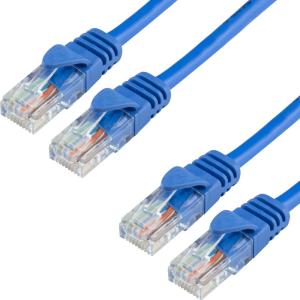 Armored cables are commonly used in industrial settings, outdoor installations, and areas where the cable is exposed to harsh conditions. The metal armor provides excellent protection against abrasion, crushing, and cutting, making armored cables suitable for underground installations, overhead lines, and areas with high mechanical stress. The added protection of the armor ensures the integrity and longevity of the cable, reducing the risk of downtime and costly repairs. When choosing between flexible cables and armored cables, it is essential to consider the specific requirements of your application. If you need a cable that can bend and flex easily, a flexible cable would be the better choice. On the other hand, if you need a cable that can withstand rugged conditions and provide superior protection, an armored cable would be more suitable. In conclusion, both flexible cables and armored cables have their own unique strengths and applications. Flexible cables offer flexibility and mobility, making them ideal for portable devices and equipment. Armored cables provide excellent protection against physical damage and environmental hazards, making them suitable for rugged and demanding applications.
Armored cables are commonly used in industrial settings, outdoor installations, and areas where the cable is exposed to harsh conditions. The metal armor provides excellent protection against abrasion, crushing, and cutting, making armored cables suitable for underground installations, overhead lines, and areas with high mechanical stress. The added protection of the armor ensures the integrity and longevity of the cable, reducing the risk of downtime and costly repairs. When choosing between flexible cables and armored cables, it is essential to consider the specific requirements of your application. If you need a cable that can bend and flex easily, a flexible cable would be the better choice. On the other hand, if you need a cable that can withstand rugged conditions and provide superior protection, an armored cable would be more suitable. In conclusion, both flexible cables and armored cables have their own unique strengths and applications. Flexible cables offer flexibility and mobility, making them ideal for portable devices and equipment. Armored cables provide excellent protection against physical damage and environmental hazards, making them suitable for rugged and demanding applications.
…
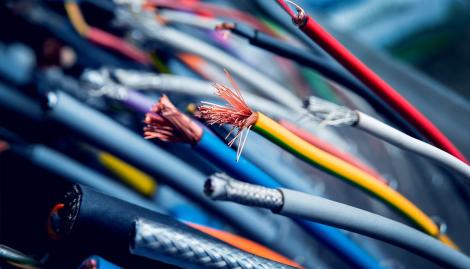 By understanding the differences between these two types of cables, you can choose the right option that meets your specific electrical needs and ensures the safety and reliability of your electrical installations. Ultimately, the choice between flexible cables and armored cables depends on the specific requirements of your project. Consider factors such as the environment in which the cable will be installed, the level of mechanical stress it will be subjected to, and the level of flexibility needed in the application. In some cases, a combination of both flexible and armored cables may be necessary to meet all the requirements of a complex electrical system. For example, a manufacturing facility may use flexible cables to power movable equipment on the production floor while employing armored cables to provide power to fixed machinery in harsh industrial environments. It is important to work with a qualified electrical professional or engineer to assess your needs and determine the most appropriate cable type for your application. They can help you evaluate factors such as current carrying capacity, voltage ratings, insulation materials, and installation requirements to ensure the safety and efficiency of your electrical system. When purchasing cables, look for reputable manufacturers that adhere to industry standards and regulations to ensure the quality and reliability of the products. Consider factors such as the cable’s temperature rating, conductor size, and insulation material to select the most suitable option for your specific application. In conclusion, both flexible cables and armored cables play important roles in electrical installations, each offering unique benefits and applications. By understanding the differences between these two types of cables and selecting the right option based on your specific needs, you can ensure a safe, reliable, and efficient electrical system for your project. Consulting with professionals and choosing high-quality products will help you make the best investment in your electrical infrastructure.
By understanding the differences between these two types of cables, you can choose the right option that meets your specific electrical needs and ensures the safety and reliability of your electrical installations. Ultimately, the choice between flexible cables and armored cables depends on the specific requirements of your project. Consider factors such as the environment in which the cable will be installed, the level of mechanical stress it will be subjected to, and the level of flexibility needed in the application. In some cases, a combination of both flexible and armored cables may be necessary to meet all the requirements of a complex electrical system. For example, a manufacturing facility may use flexible cables to power movable equipment on the production floor while employing armored cables to provide power to fixed machinery in harsh industrial environments. It is important to work with a qualified electrical professional or engineer to assess your needs and determine the most appropriate cable type for your application. They can help you evaluate factors such as current carrying capacity, voltage ratings, insulation materials, and installation requirements to ensure the safety and efficiency of your electrical system. When purchasing cables, look for reputable manufacturers that adhere to industry standards and regulations to ensure the quality and reliability of the products. Consider factors such as the cable’s temperature rating, conductor size, and insulation material to select the most suitable option for your specific application. In conclusion, both flexible cables and armored cables play important roles in electrical installations, each offering unique benefits and applications. By understanding the differences between these two types of cables and selecting the right option based on your specific needs, you can ensure a safe, reliable, and efficient electrical system for your project. Consulting with professionals and choosing high-quality products will help you make the best investment in your electrical infrastructure.
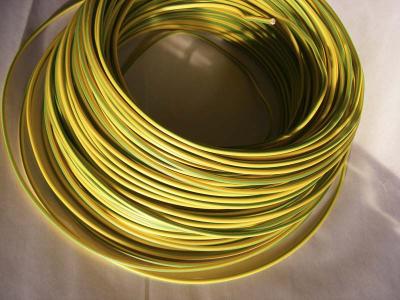
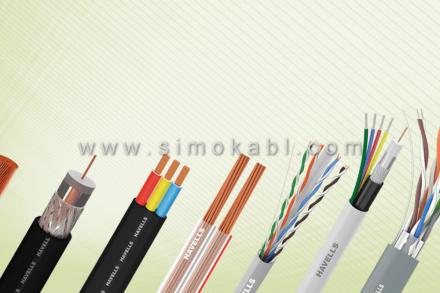
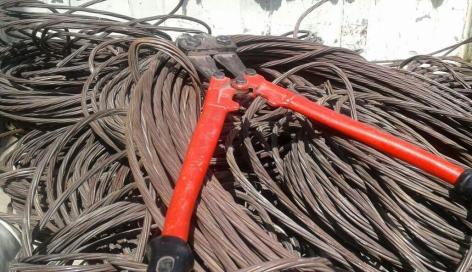
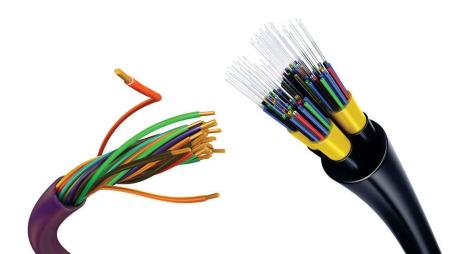
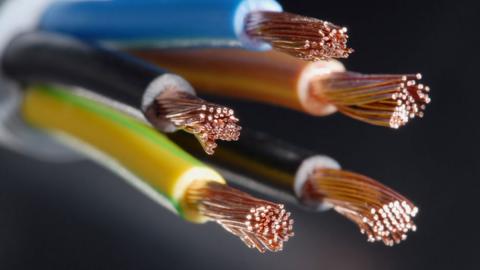
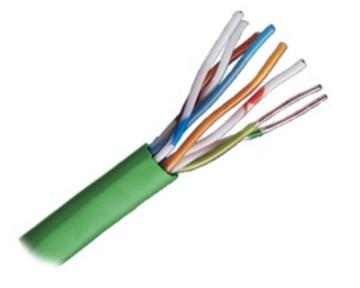
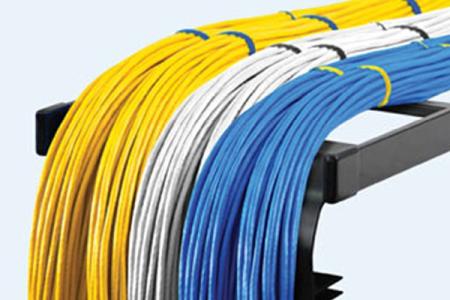
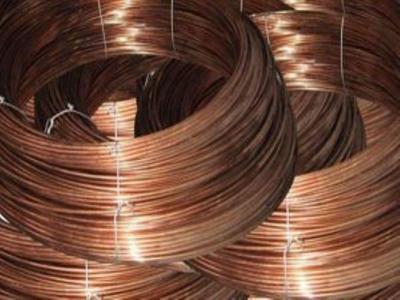
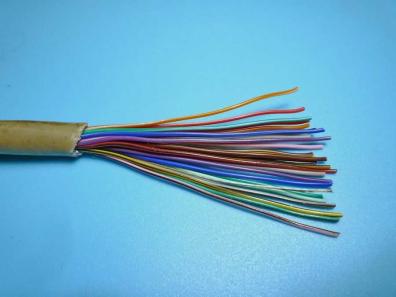
Your comment submitted.